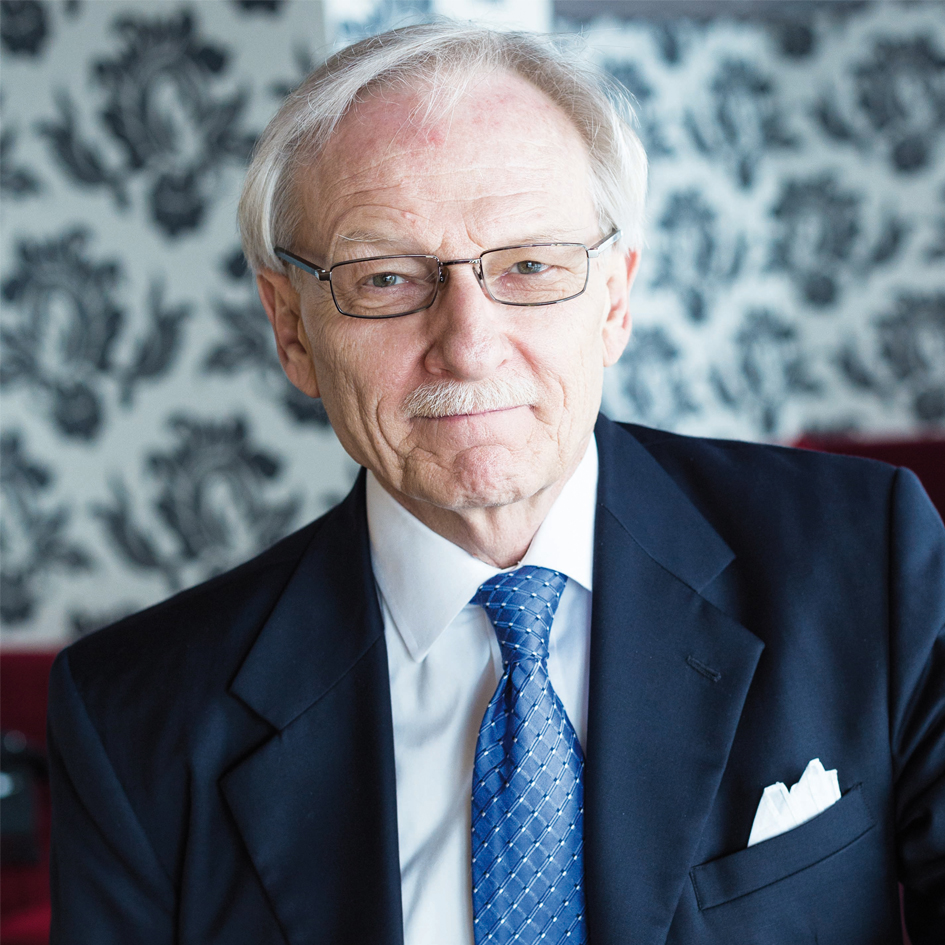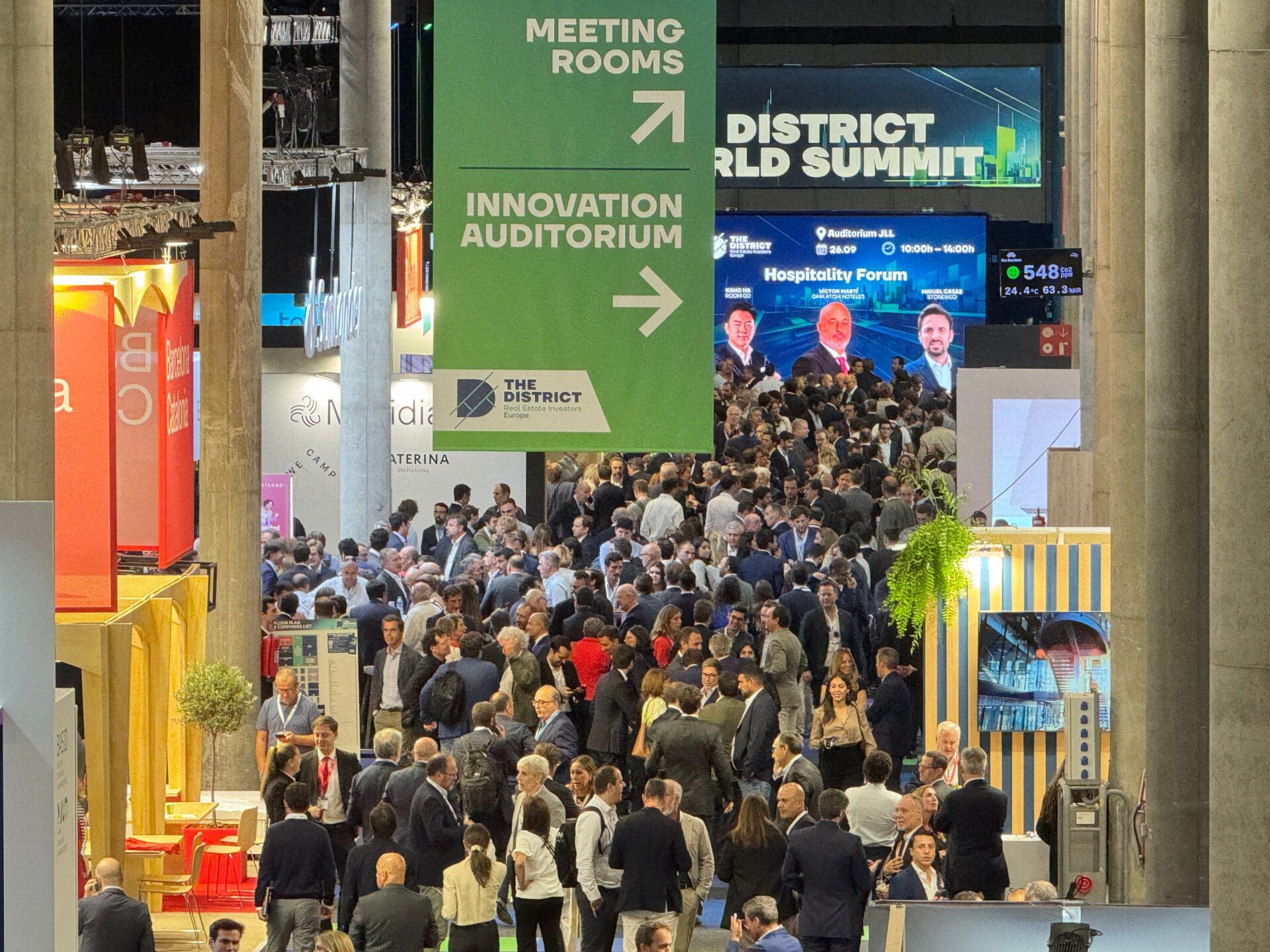by Alex Kloszewski, MRICS – Managing Partner at Hotel Professionals & Hotel Professionals Management Group
We are very much into the VUCA cycle.*
2019 was another year of global and regional unsettlement. Trade wars, climate change, slowing global GDP growth, BREXIT, impeachment, the spread of the Coronavirus, were and are some of the disruptors.
We don’t know how big the effects of the Coronavirus will be for the tourist sector. Certainly Q1 2020 will already be negatively impacted, given its growing reach, which currently already covers some of the European countries (Italy, Austria…). The last time we experienced immense impacts of an infectious disease on tourism was in 2002/2003 during the SARS outbreak, history showed the slowdown for two quarters.
In 2019 the hotel RevPAR had a small growth in Poland at the level of 2.3 percent, the ADR grew by 2 percent. The occupancy was flat year-over-year, finishing at 71 percent. The most compression we saw in Poznań and Warsaw, these cities added new hotel rooms to the inventory in the last two years causing the contraction. We see this continuing in 2020.
2020 will have challenges, we already see the ADR pressures in some cities where new inventory is added, particularly in Warsaw. We feel, the trading for hotels will be challenging for the next two years.
The “Perfect Clouds Are Forming” – the hotel operators will have to be excellent on managing not only revenues versus their comp sets, but more importantly daily cost controls due to the minimum wage pressure, media, energy, and the overall cost of goods in Poland.
The NOIs will be compressed, and most likely we will see some hotels (mostly unbranded) placed for sale.
We have been forecasting the hotel market for the past 15 years, and we’ve been generally accurate on our assumptions, therefore this year we want to warn the operators to “Mind the Gap” …
The added hotels and new room inventory coming to most cities in Poland will place added pressure on operators and owners to make the planned margins work.
BREXIT, now official, has yet to show what the impact on Poland will be, and it will take months to be clear on how this departure will affect the EU economically. We need to keep in mind, the Warsaw Chopin Airport last year served 18.7 million passengers, with the top destination being London (1.02 million passengers).
The trend of Polish families spending their vacations in Poland will continue, especially since the per capita income is improving faster than the other CEE countries. The continuing yearly government 500+ per child program as well as the pensioners’ ‘13th salary’ bill (”Retirement Plus Program”) will also have a positive outcome to our summer season.
The 2019 summer season was rather good for the coast hotels and resorts. The Baltic, and the Tricity performance during the summer was positive.
For new hotel investors, special attention will be required in the construction costs, due to increases of wages and cost of materials. Now more than ever, the new hotel projects will need strict adherence to location, brand, operator and sustainable financial investment models.
2020 will be strenuous for the existing hotel operators, with all the new and fresh products coming to their cities. The competition will test the General Managers, their ingenuity, their market savvy, their adherence to the social networks and local communities’ involvement will be the key to success. Of course, more than any time in the past, the General Managers will have to bond and make every effort to support and protect their human capital. Since the markets will be more competitive having a Revenue Management strategy and using it daily will make the most effective way to increase the RGI and MPI’s in the given comp set.
The General Managers will need to remember that the selling of rooms nights in all available booking channels is now in a rate hyper-setting phenomenon. The rapid rate changes versus the comp set, are now considered to be a blink, and if you miss it, you lose the business. It is like Rapid Trade on the financial markets.
Banks, will continue to support and provide financing for new qualified hotel projects, including traditional touristic regions and localities, but a more cautioned approach will be exercised when these projects do not have experienced operators. Branded hotels will be favored by the banks. The banks will look at the hotel development market more often to make sure their potential investor is not walking into an oversupplied region.
The EU has 126 available hotel rooms per 10,000 population, Poland barley 54 rooms (including the 10,000 rooms pipeline ) … so, yes there is room for growth.
We will see continued advancements in long-term lease agreements signed by operators and developers. We noticed this approach to be popular in 2018 and 2019, especially by new brands coming to Poland.
All considered, and as we said last year, the hospitality business in Poland, both from the existing hotel trading, as well vibrant new hotel developments will continue however, only the very best, will have a prolific 2020.
Ps. So what is “VUCA”? – an acronym describing reality through words: Volatility, Uncertainty, Complexity and Ambiguity.







